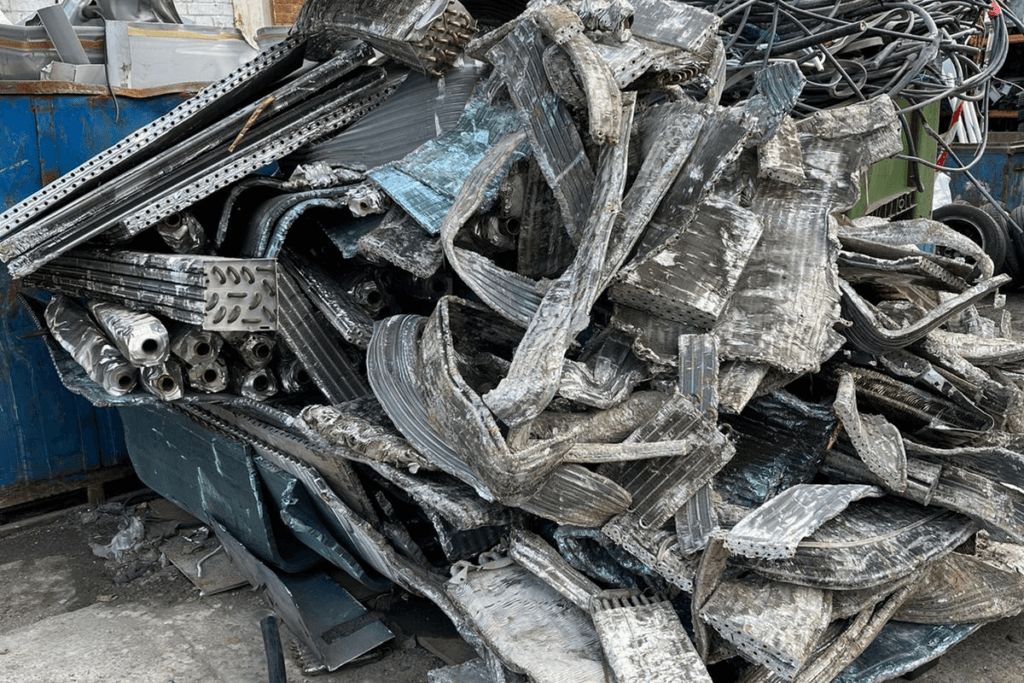Does the UK export scrap metal?
You may be interested to know that in 2021, the UK exported over 8 million metric tons of scrap metal, showing an 18% increase in export volume compared to the previous year. On the other hand, scrap metal imports into the UK decreased to 391,000 metric tons in the same period. This suggests that the […]
What is the most profitable scrap metal?
If you’re interested in making money from scrap metal, there are some types of metals that are considered to be highly profitable. Copper, which is a common metal found in households, is highly sought after at scrap yards. Other profitable scrap metals include brass, silver, aluminium, stainless steel, gold, and lead. However, the profitability of […]
How can I make money from scrap metal UK?
If you want to earn money from scrap metal in the UK, there are several things you can do to trade in scrap metal and make a profit fast. To begin with, make sure to sort your scrap metal before reaching the scrap yard to save time and streamline the process. It is also advisable […]
Is the UK scrapping cash?
The UK appears to be at the forefront of major developed economies in transitioning away from using physical cash for everyday payments. Nonetheless, according to a recent survey, more than two-thirds of individuals are still hesitant to fully adopt digital payment methods.
What is scrap rate?
Scrap rate is a metric used to measure the amount of waste generated during the manufacturing process. It indicates the number of products that are deemed unusable due to defects or errors during production, as well as any items that cannot be reworked into alternative applications. Simply put, it is a way for companies to […]
What is scrap metal UK?
In the UK, scrap metal refers to metal that is no longer being used for its original purpose and is considered waste or surplus. This can include metal from construction sites, broken or old appliances and furniture, and even bits of packaging metal. Scrap metal can be recycled and reused in various industries, and scrap […]
What is the most expensive scrap metal and why is it so valuable?
Copper is widely regarded as the most valuable scrap metal due to its versatility and high demand. As one of the most sought-after metals, most scrap dealers are willing to pay a premium price for copper scrap, making it a top choice for those looking to make money from scrapping. Its high demand in various […]
What is the most expensive scrap metal UK?
Based on current market trends, copper is recognized as the most expensive scrap metal in the UK due to its infinite recycling life and high value. It remains a valuable resource in various industries, making it a reliable and profitable metal to sell. The fluctuating market does not affect its demand, thus making it a […]
Can I sell my scrap metal UK?
In the UK, individuals can sell their scrap metal, but there are legal requirements that must be followed. It is against the law to receive cash payment for scrap metal, even if the sale is conducted from one’s home address. The seller must provide identification, and the buyer must hold a Scrap Metal Dealers Licence. […]
Useful Tips On How To Identify Different Metals

As a material that is used in a variety of applications, metals are ubiquitous in our daily lives. However, identifying different types of metals can be challenging, particularly if you are not a metallurgist or a materials scientist. In this article, we’ll explore some useful tips on how to identify different metals. Observe the color […]